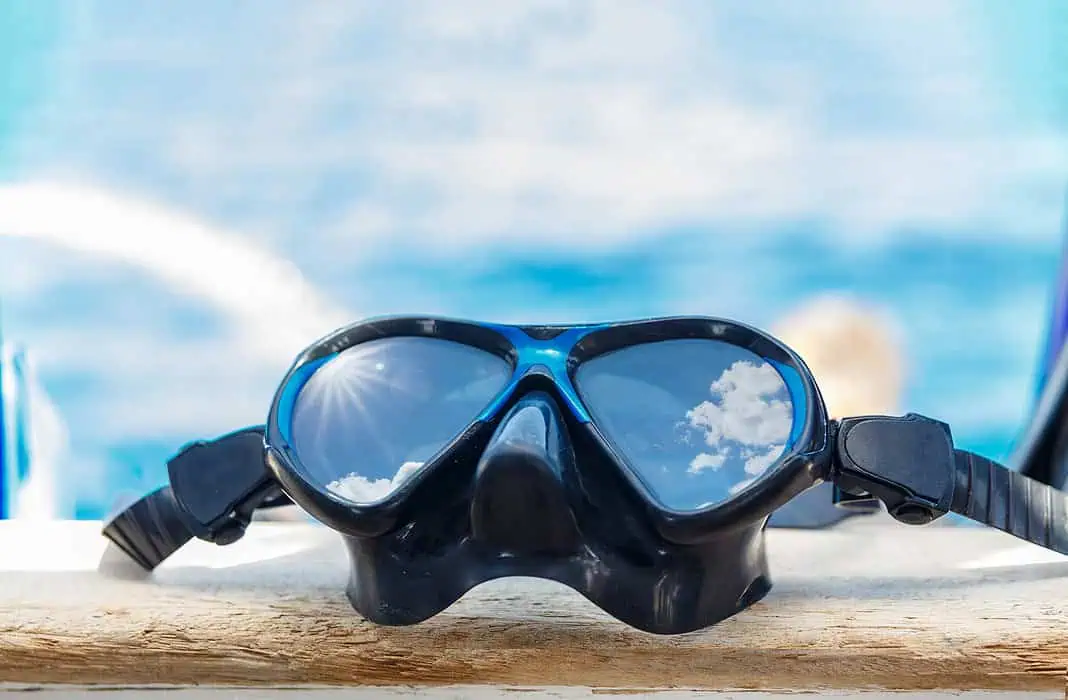You’re finally on that freediving trip you’ve been looking forward to all year, and it’s the night before your first dive. As you’re unpacking your gear to prepare it for your first early morning session, you suddenly realize, “I forgot my ****ing nose clip.”
Don’t let that be you.
Freediving trips, whether for fun diving, training, or a competition, can quickly get ruined if you forget a vital piece of freediving equipment. This is especially problematic if you’re headed to a location without freediving shops that sell gear since international shipping and customs can take weeks.
That’s why we created a comprehensive packing list for all freediving trips–so that you can double- and triple-check that you have all the essentials before jumping on your flight! Please keep reading for our recommendations for what to bring, bonus tips, and personal recommendations.
Also, if you like to check things off as you pack, look at this interactive freediving packing list and use it while preparing your equipment!
Core Freediving Equipment
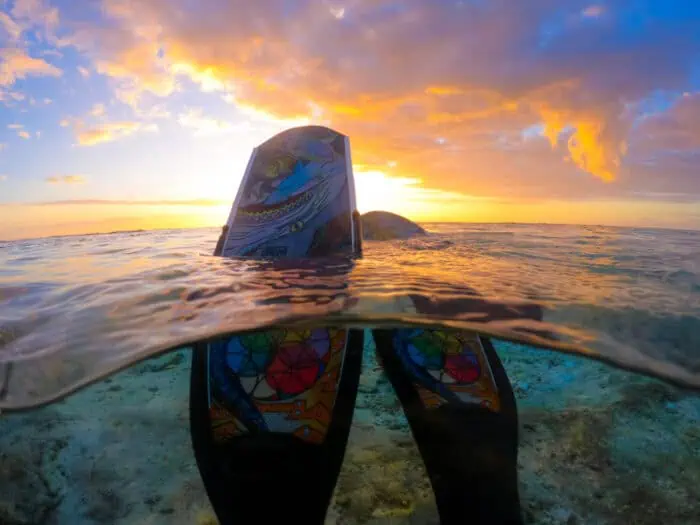
Below is the must-have gear–the fundamental equipment to get into the water and enjoy your dives! Some items are specifically for training (like lanyards and nose clips for line diving), so skip over what you don’t need.
- Swimsuits
- Wetsuit/Rashguard + pants
- Bifins/Monofin
- Mask
- Snorkel
- Dive computer
- Dive computer charger (if rechargeable)
- Weight belt
- Lead weights (check if you can rent or buy at the location first)
- Neck weight
- Lanyard
- Nose clip
- Socks
- Gloves
- Mask defogger
- Wetsuit lubrication (1/3 hair conditioner, 2/3 water recommended)
- Swim cap
- Reusable water bottle
Bonus Tips
Traveling with weights
Traveling with lead weights has many downsides: empty weights take up valuable kgs in your bag, heavier luggage, possibly damaging other equipment if weights are not packed properly, etc. This is why it’s always a good idea to contact the freediving school in advance (if you’re using one) to see if they will loan you or rent you weights. If they only rent them out and your trip is shorter, the cost may outweigh the annoyance of traveling with lead weights.
Another thing you can do is check out Facebook groups for freedivers in the area and see if people are selling their secondhand lead weights. Divers come and go, buying their weights at the start of their trip and selling them at the end–you can, too!
You may also be able to travel with them by putting them in your pockets or wearing a neck weight around your neck when flying. Just make sure you remove them from your person or carry-on bag and put them in a bin when going through security–and don’t forget to explain what they are to TSA! However, some freedivers have reported that TSA or cabin crew denied boarding with weights and required them to return to the counter to check them in.
Wetsuit lubricant
To make wetsuit lubricant for a wetsuit with an open cell interior, you can grab an empty bottle and mix 1/3 hair conditioner with 2/3 water (e.g., 100mL of conditioner and 200mL water) to swish around in your wetsuit before putting it on. Just remember to thoroughly rinse the wetsuit inside in the shower before you go to minimize chemicals entering the ocean.
Essential Secondary Equipment
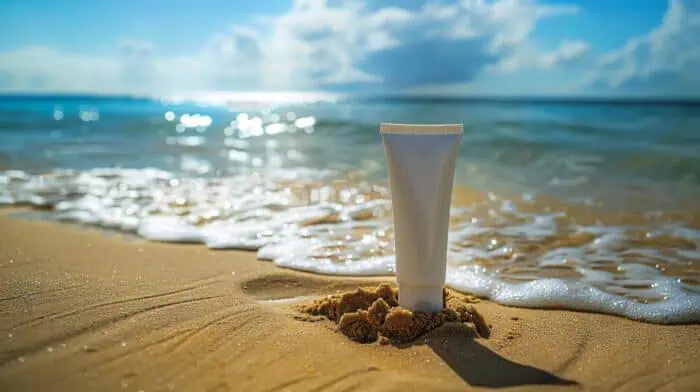
Don’t overlook these other essential items, which will keep you safe, comfortable, and prepared for the unexpected–especially when diving in locations with limited supply access!
- Reef-safe sunscreen
- Zinc
- Makeup remover for zinc (micellar water recommended!)
- Quick dry towel
- Spare mask
- Spare snorkel
- Spare nose clip
- Electrolyte tablets/powder
- First aid kit
- Any prescription medications
- After-diving ear spray (1/2 white vinegar + 1/2 rubbing alcohol mix recommended)
- Spray bottle with white vinegar (for jellyfish stings)
- Calamine lotion (for jellyfish stings)
- Sinus care items (neti pot, nasal spray, etc.)
- Seasickness medication
- Antihistamines (if needed for allergies)
- Poncho
- Diving windbreaker
- Wetsuit glue
- Sunglasses
- Hat
- Insulated water bottle
- Dry bag
- Leave-in hair conditioner for long hair (reef-safe Stream2Sea highly recommended)
- Hair ties
Bonus Tips
Zinc
While sunblock is a chemical sunscreen that should be applied for some time before sun exposure (and reapplied frequently, especially in the water), zinc is magic for freediving. It’s a physical sunscreen that creates a barrier by sitting on your skin and works immediately upon application. It’s reef-safe and will prevent sunburn, so get the famous freediving mask tan. However, it still needs to be reapplied if you’re having an extended session in the water, as it can eventually wash off or be accidentally rubbed away.
If you’re not excited about having white paste on your face in photos and videos, some brands offer zinc in skin-tone colors (and other fun colors). As a freediver with melasma (a skin condition that results in dark patches on the face after sun exposure), I use and love Surfmud’s tinted zinc–plus, the cover has a mirror so that I can reapply it anywhere!
Removing zinc
As for washing it off your face, equipment, or wetsuit, I’ve found micellar water and cotton pads remove zinc easily, with no oily feeling on my skin afterward. I also use it to clean zinc residue off my mask, snorkel, and wetsuit, but any makeup remover for your face (or mild soap and water for equipment) will do the job!
After-diving ear spray
If you’re prone to getting swimmer’s ear (an infection in the outer ear canal caused by trapped water in the ear) after diving, try making your after-diving ear spray. Fill a small spray bottle with ½ white vinegar and ½ rubbing alcohol. After coming out of the water, spray each ear a few times. The rubbing alcohol evaporates water from the ear canal, while vinegar creates an acidic environment that prevents bacterial growth.
Remember that this is a preventative measure–not for active infections!
Extra Competition Equipment
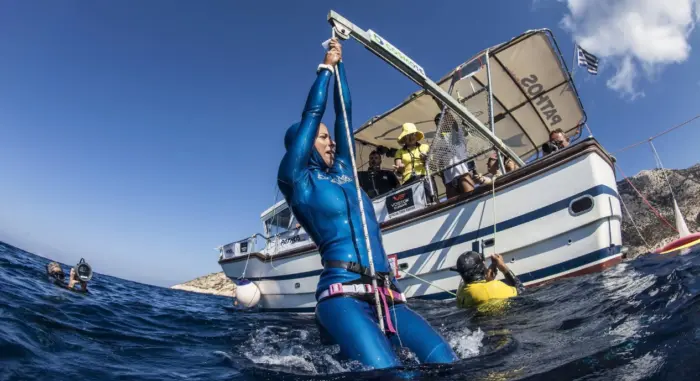
If you’ve already competed, you probably know what to bring. But just in case (and especially for first-time competitors), here are a few essential things to remember before zipping up that last bag!
- Goggles
- Inflatable neck pillow
- Noodle / Inflatable surface marker buoy (SMB)
- Silicone grease/petroleum jelly for tight fins
- Check dive computer battery status (if not rechargeable)
Bonus Tips
Noodles and SMBs
If you like to breathe upright before diving, a surface marker buoy (SMB) is very easy to pack and travel-friendly, especially for training! However, if you want something sturdier for a competition, check to see if you can borrow a freediving school’s or fellow freediver’s pool noodle for more stability in the water.
Buoy Setup Equipment
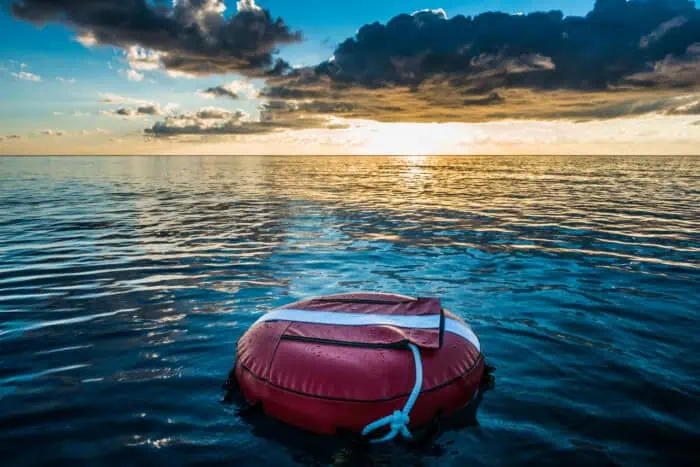
If you’re bringing your own buoy and dive line, it’s a serious commitment–don’t ruin your trip by forgetting any of the following equipment!
- Buoy
- Dive line
- Surface line
- Pulley
- Carabiners (minimum 2)
- Extra line for attaching equipment
Bonus Tips
Bottom weight
No one wants to carry around 8 – 10kg (17.6 – 22lb) of lead in their luggage, so keep the bottom weight for when you get to your location! Once you get there, you can do one of the following:
- See if a freediving school will rent one out to you
- Buy a kettlebell to use as your bottom weight
- Make your own with a nylon SCUBA weight belt and lead weights
Camera Equipment
- Action camera
- Underwater housing
- Charger
- Spare batteries
- SD card + case
- SD card reader
- Spare mounts/attachments
- Backup O-rings
- Silicone grease
- Lens cleaning kit
- External hard drive
Bonus Tips
All-natural hydrophobic coating
As strange as it sounds, try licking or spitting on your camera lens (then rinsing) occasionally during your surface intervals–this prevents water spots from lingering on the lens for above-water shots!

